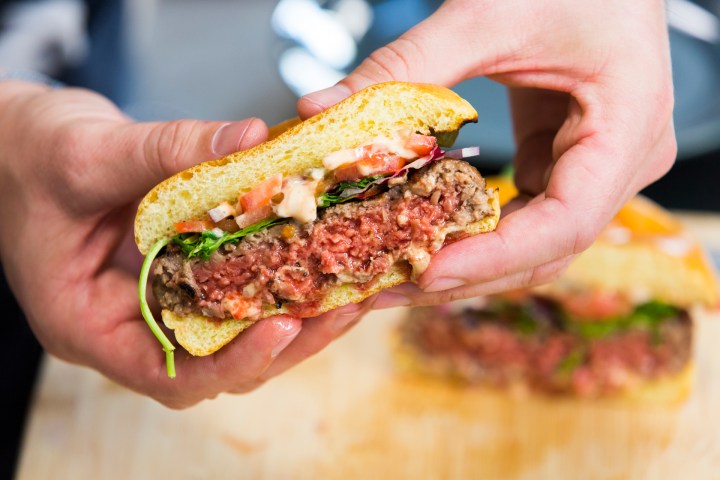
Startups like Impossible Food and others are working as we speak to change how we produce food. But where do they get the “ingredients” to do so? Boston-based Motif Ingredients hopes to be that supplier.
The company recently secured $90 million in financing to do just that, and it might be a good time to do so. Demand for alternative foods increased 17 percent last year, but obstacles remain primarily in how these meat and dairy substitutes taste. To put it simply, you can still taste the difference, and that doesn’t make them appealing to consumers who aren’t vegetarians. Beyond Meat’s second generation product is probably the only one that has truly come close.
Motif’s executives have said publicly that the success of Beyond Meat played a big part in their decision to launch Motif. But at the same time, Impossible spent a lot of money (and time) getting its new burger to be so meat-like. This might not be possible for smaller and less well-funded companies, and that’s where Motif comes in.
“Consumers are demanding mindful food options, but there’s a reigning myth that healthy and plant-based foods must come at a higher price, or cannot taste or function like the animal-based foods they aim to replicate,” CEO Jonathan McIntyre said.
Motif says it will use biotechnology and fermentation (the latter process similar to brewing beer) to create the ingredients necessary to create the meat and dairy substitutes. Through extensive research and development, Motif will then select the various vitamins, amino acids, enzymes, and flavors necessary to closely replicate actual meat and dairy to the point it’s practically indistinguishable. The company will also offer its research and development services to food companies looking to break into the alternative foods market.
Motif Ingredients is built on a biological engineering platform created by Ginkgo Bioworks, the group’s parent company. According to its website, Ginkgo is an “organism company, using the power of biology to build sustainable products in food, pharma, manufacturing, and more.” Ginkgo had previously partnered with healthcare company Bayer to research sustainable agricultural practices, including ways to create microbes to replace traditional fertilizer.
Once the company gets off the ground, it is expected to expand far beyond just meat substitutes. Among the potential uses for Motif’s ingredients are nondairy ice cream, plant-based yogurt, soy milk and nut milk, protein snacks, and sports drinks, the company says.
Editors' Recommendations
- Lab-grown meat? Peasant food. Say hello to lab-grown foie gras
- Lab-grown snake venom glands are here. Don’t worry, they’re for a good cause
- Forget burgers. Beyond Meat and KFC will test plant-based fried chicken


